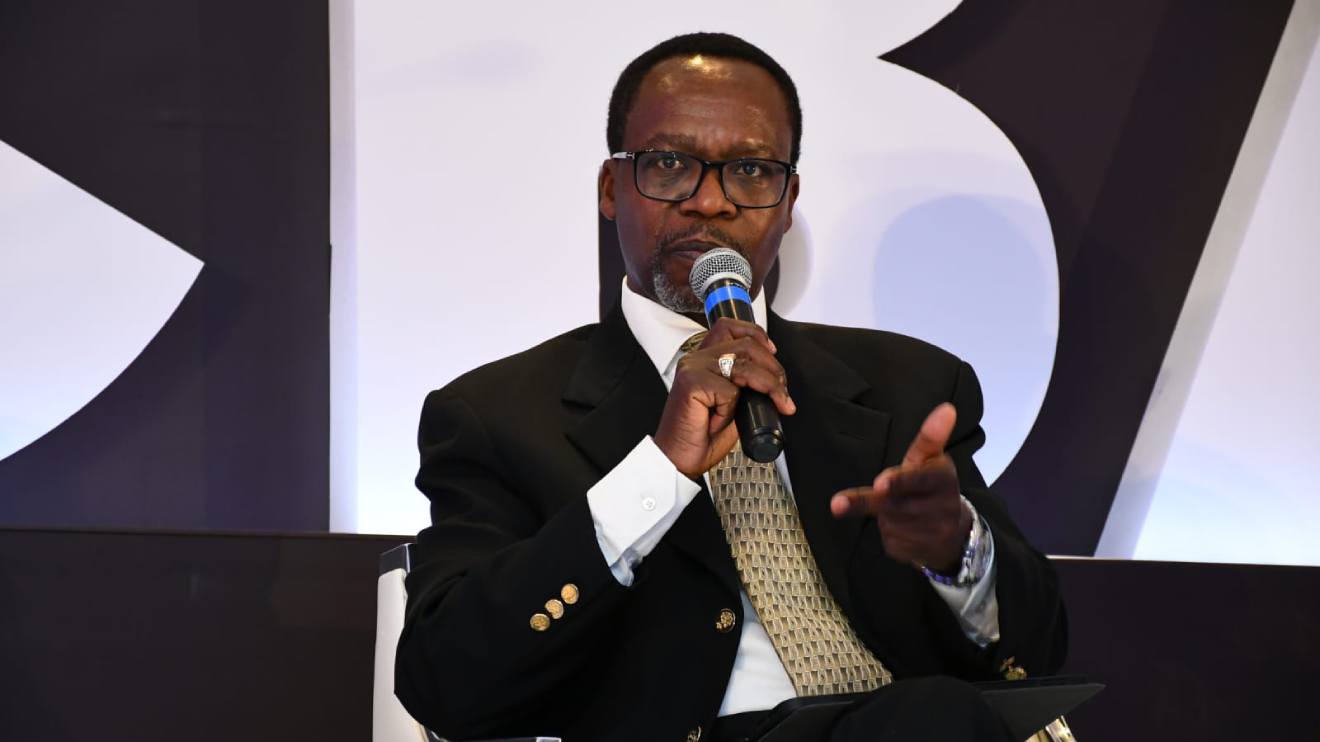The Social Health Authority (SHA) has ousted its Acting Chief Executive Officer, Elijah Wachira, placing him on a 90-day compulsory leave to pave the way for an investigation into his conduct.
This decision, announced in a letter by SHA Chairperson Dr Abdi Mohamed on Tuesday, cites Wachira's alleged role in disruptions during SHA’s transition from the National Health Insurance Fund (NHIF).
SHA’s board resolved that Financial Services Director Robert Ingasira will temporarily replace Wachira, ensuring leadership continuity amid these pressing concerns.
“This is to inform you of the resolution of the board to send you on a compulsory leave effectively immediately to allow for further investigation into your professional conduct,” wrote Dr Mohamed.
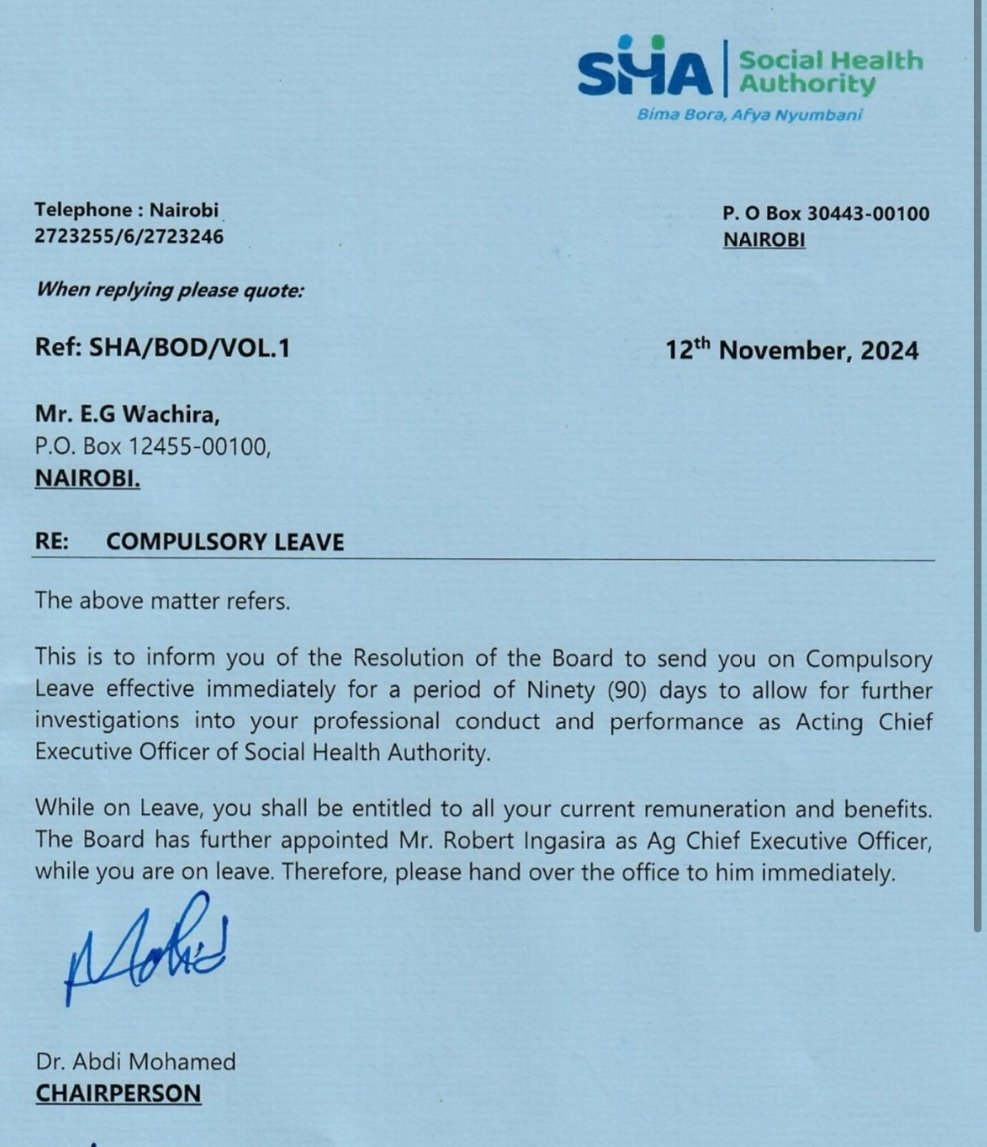
Read More
Wachira has been instructed to transfer responsibilities to Ingasira immediately and has been assured full remuneration and benefits during the leave.
The board attributes Wachira’s suspension to a string of management controversies, notably his alleged favouritism towards private hospitals, which, they argue, has left public facilities struggling with payment delays.
Sources from SHA disclosed that these delays, tied to unresolved pending bills, have led some hospitals to demand cash payments directly from patients.
“It therefore comes as a concern when the Acting CEO, Mr. Elijah Wachira takes actions that not only go against this effort but put the delivery of health care services at risk despite the government’s best effort by diverting resources to a tune of Sh1.6 billion earmarked for offsetting debt to public government facilities almost leading to paralysis of healthcare on account of pending bills,” the board stated.
Wachira, however, denies all allegations, asserting he had no involvement in fund misappropriations. Requests for comment from Dr Mohamed on the matter went unanswered.
According to internal board minutes, there is an increasing financial strain on SHA, as claims from private facilities significantly outstrip those from public ones.
SHA's recent records reveal that in the past month alone, private healthcare providers secured 85,700 service authorisations and claimed Sh1.2 billion, compared to government facilities’ 78,100 authorisations and Sh1.1 billion.
The minutes also highlighted concerns about Sh1.6 billion allocated to public hospitals allegedly diverted, nearly stalling operations in these facilities due to mounting unpaid bills.
Appointed to the helm of NHIF just over a year ago, Wachira came with a promising track record in the insurance sector, having served as the Managing Director of CIC General for four years.
His appointment was celebrated at the time, with former NHIF Board chairman Michael Kamau remarking, “The new management team brings on board an invaluable wealth of experience that will immensely contribute to the transition of the Fund into success.”
However, this shakeup is the second leadership change for SHA since its establishment barely two months ago. The first involved the removal of former chair Dr Timothy Olweny, who departed just days before the fund’s official launch.
SHA’s founding mandate focuses on expanding access to healthcare under the government’s Universal Health Coverage (UHC) agenda, a goal that has been fraught with operational setbacks and financial scrutiny since the transition from NHIF.
Wachira’s departure raises further questions about the young agency’s management stability, especially with continued reports suggesting a trend favouring private providers.
As SHA navigates this turbulent phase, many Kenyans will likely watch closely, assessing the impact on both public and private healthcare access across the country.

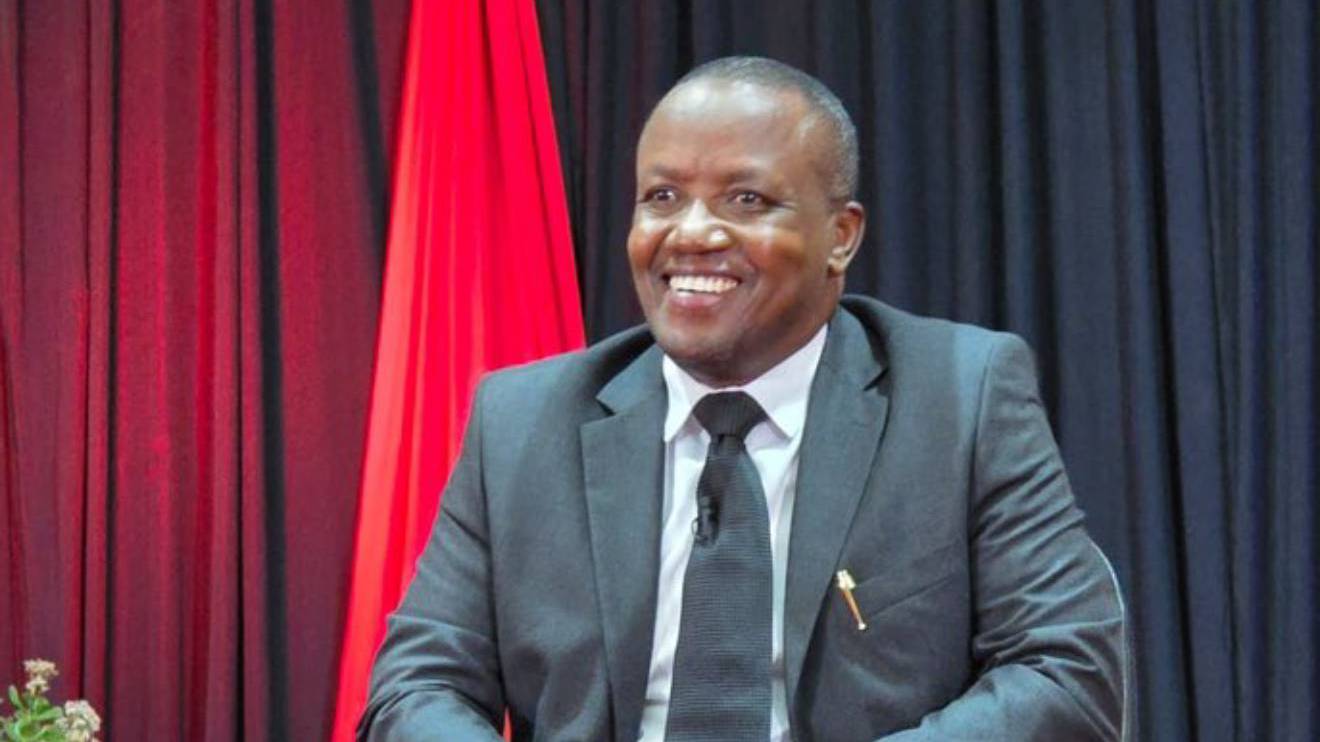
-1731583283.jpg)
-1731566290.jpg)
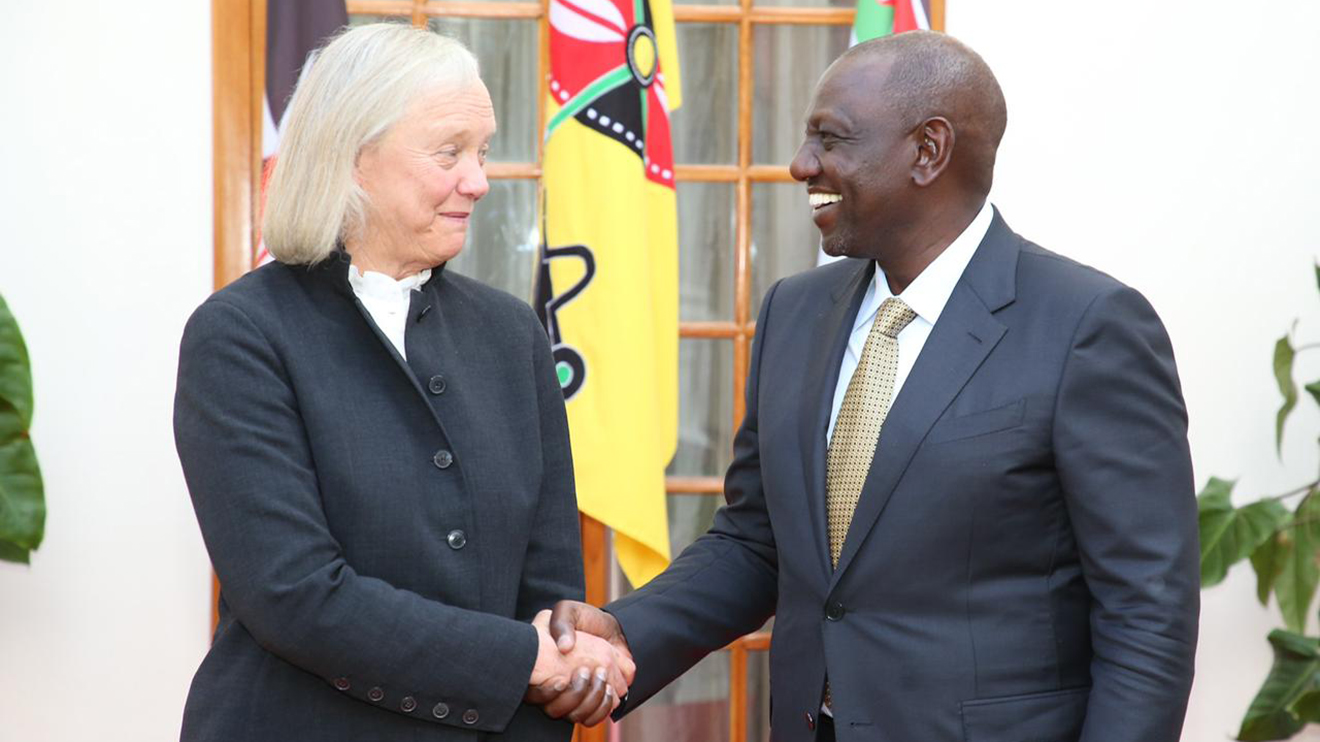
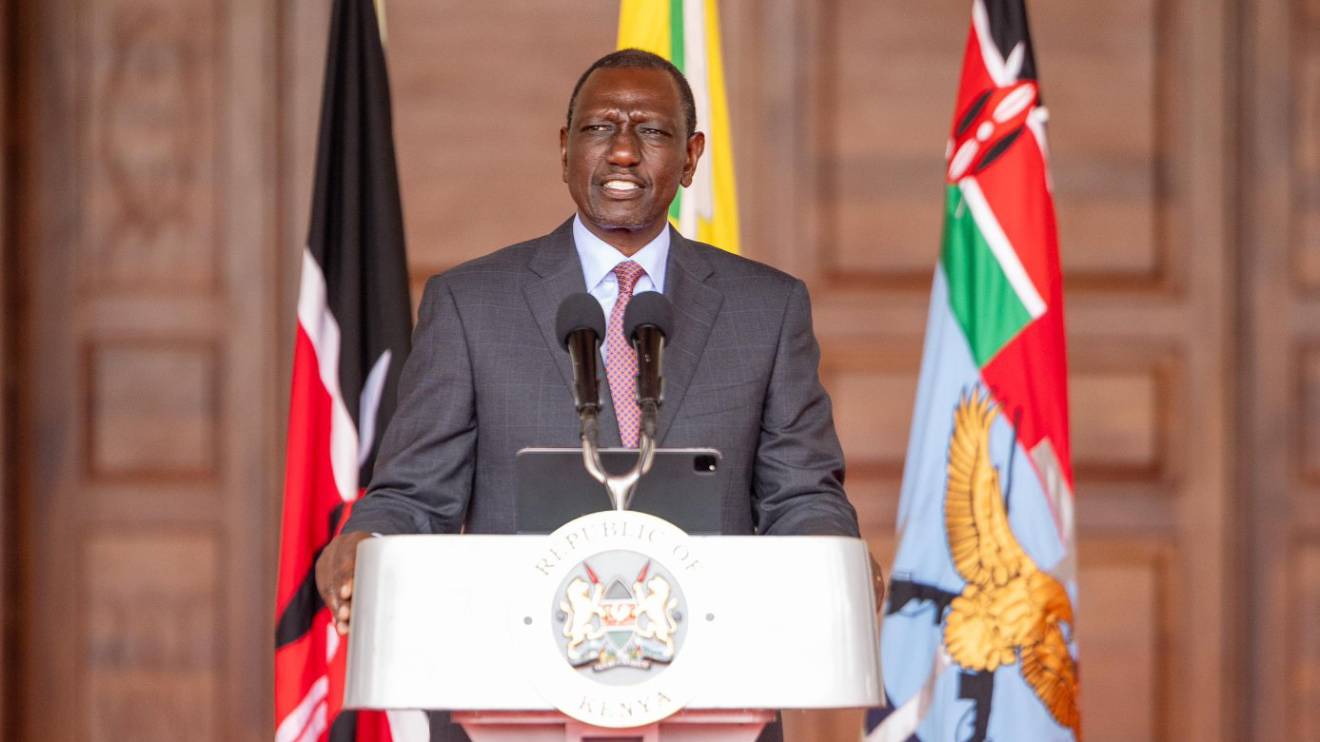


-1731594885.jpg)

